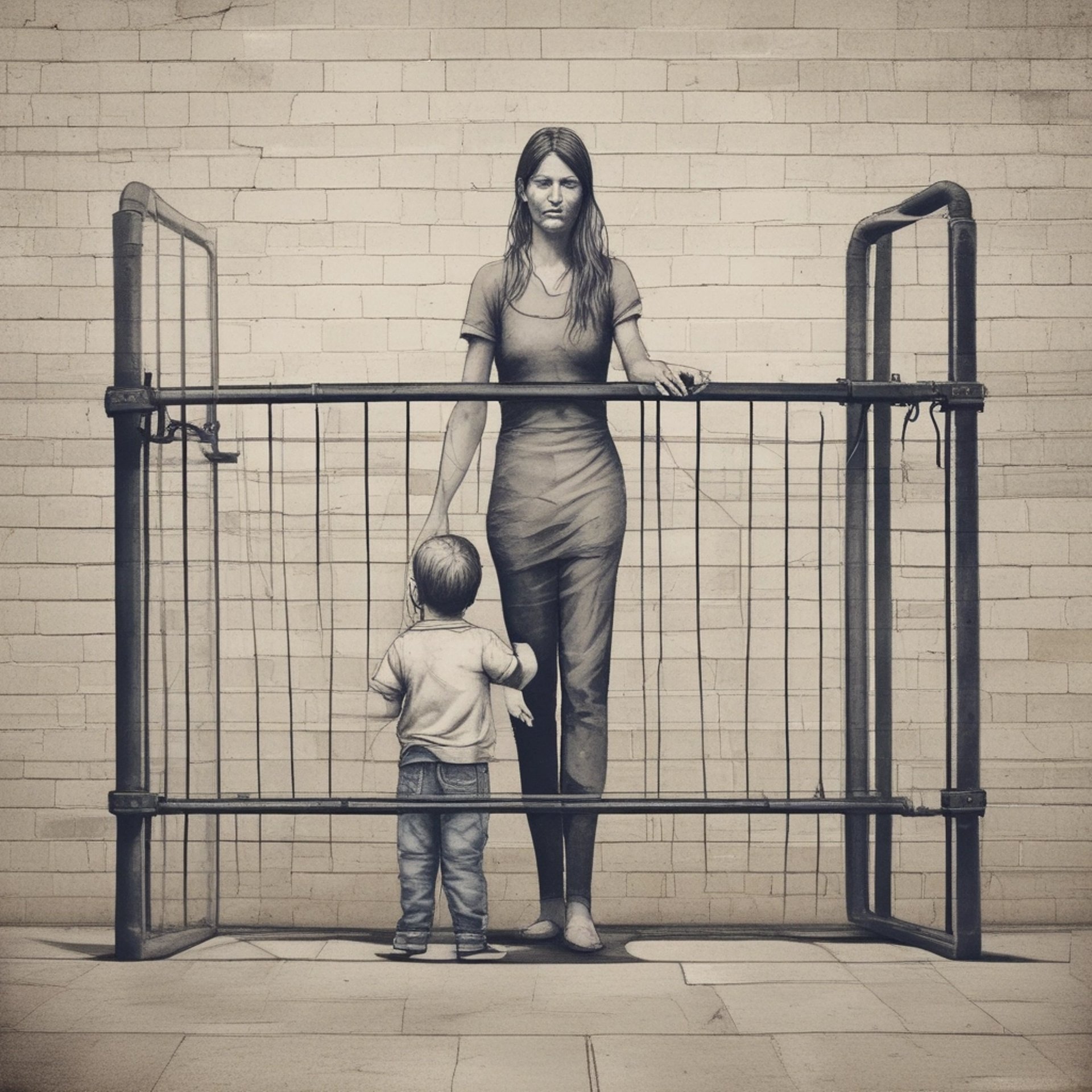
Empowering Families Beyond Bars Together
At Family Beyond Bars, we share our journey through probation, parole, and incarceration while raising our children. Join us as we inspire hope and resilience through our story and unique products.


Our Story Matters
Strength in Unity
We offer drop-shipped apparel and print-on-demand items, blending personal experiences with quality products. Together, we can support families navigating similar challenges and foster a community of understanding and strength.
Get In Touch


We'd love to hear from you!
We invite you to share your personal stories with us, highlighting the unique experiences that have shaped your life. Whether you have faced significant struggles, celebrated hard-won victories, or encountered unexpected challenges, your journey is valuable and can inspire others. Each narrative holds the power to connect us, to foster understanding, and to create a sense of community. By sharing your wins and tribulations, you not only validate your own experiences but also offer support and hope to those who may be going through similar situations. We believe that everyone’s story matters, and we encourage you to take a moment to reflect on your journey and contribute your voice. Together, let’s create a tapestry of shared human experience that celebrates resilience, growth, and the triumph of the human spirit.




